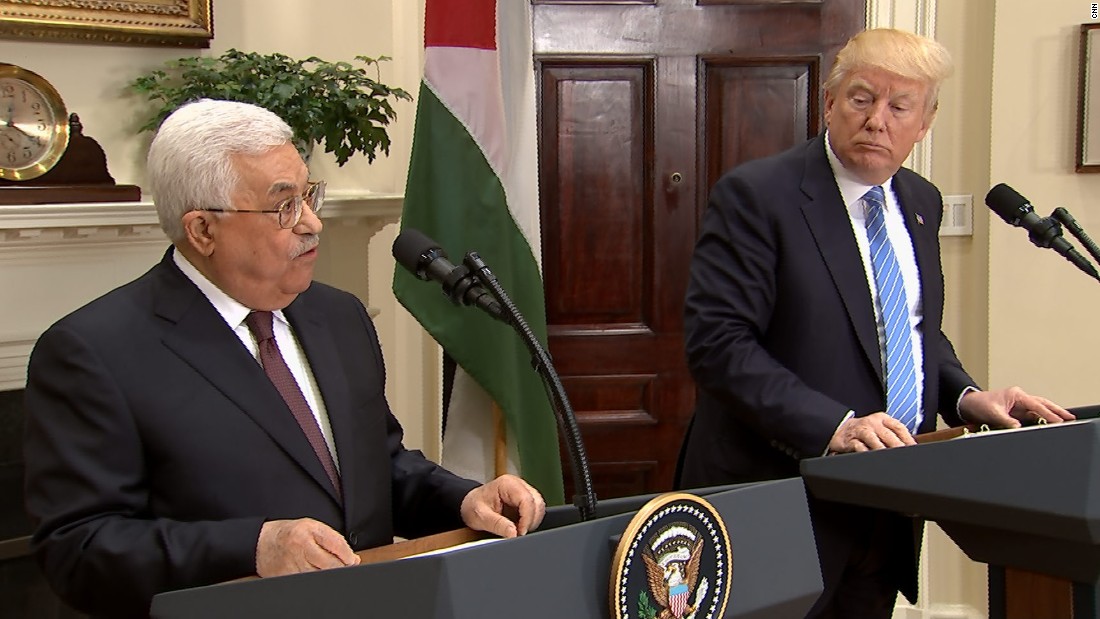Targeted Tariff Exemptions: China's Latest Trade Move

Table of Contents
Reasons Behind China's Targeted Tariff Exemptions
China's decision to grant targeted tariff exemptions is driven by a confluence of factors, reflecting a nuanced approach to trade policy. This shift signals a move beyond blanket tariffs and towards a more strategic, targeted approach to managing its economy. The primary motivations include:
-
Easing Domestic Inflationary Pressures: By reducing tariffs on specific imported goods, China aims to lower domestic prices, thus combating inflationary pressures and maintaining consumer affordability. This is particularly crucial in the face of global economic uncertainty. This targeted approach allows China to address inflationary concerns without jeopardizing its broader trade strategy.
-
Addressing Supply Chain Disruptions: Global supply chains have faced significant disruptions in recent years. Targeted tariff exemptions can help alleviate these disruptions by ensuring access to essential components or raw materials that are not readily available domestically. This is especially critical for industries heavily reliant on global supply chains.
-
Responding to Specific Industry Needs: Certain industries may be more vulnerable to tariffs than others. By offering targeted exemptions, China can support specific sectors deemed crucial for economic growth or national strategic goals. This targeted approach allows for a more precise and effective response to the needs of individual industries.
-
Strategic Trade Negotiations with Other Countries: Targeted tariff exemptions can also be used as a bargaining chip in trade negotiations with other countries. By offering concessions in specific areas, China might encourage reciprocal trade agreements or concessions from its trading partners. This strategic application of tariff exemptions enhances its negotiating power.
-
Maintaining Economic Growth: Ultimately, the goal is to maintain strong economic growth. By strategically managing tariffs, China aims to balance its trade interests with the need for continued economic expansion and stability. This delicate balancing act requires a nuanced and targeted approach to tariff policy.
Industries Affected by the Exemptions
The sectors benefiting from these targeted tariff exemptions are strategically chosen, reflecting China's priorities for economic development and technological advancement. Key industries include:
-
Semiconductors: China's significant investment in semiconductor manufacturing makes access to advanced components crucial. Targeted exemptions ensure a steady supply of essential materials, supporting the growth of this strategically important sector.
-
Solar Energy: As China strives to become a global leader in renewable energy, targeted tariff exemptions for solar energy components aid the rapid expansion of this burgeoning industry. Access to key components directly impacts the speed and scale of renewable energy development.
-
Pharmaceuticals: Ensuring access to essential medicines and medical supplies is paramount. Targeted exemptions in this sector support public health and address potential shortages caused by broader trade restrictions.
These exemptions create a ripple effect, impacting related industries and boosting overall economic activity within the targeted sectors and their supply chains.
Economic Impact and Global Implications
The economic implications of China's targeted tariff exemptions are multifaceted, spanning both short-term and long-term impacts.
-
Impact on Chinese Consumers and Businesses: Lower prices on imported goods benefit Chinese consumers, increasing purchasing power and stimulating domestic consumption. Businesses also gain from access to cheaper raw materials and components, improving profitability and competitiveness.
-
Effects on Global Trade Balances: The impact on global trade balances is complex and depends on the specific goods affected. It could lead to shifts in trade flows and potentially alter the balance of trade between China and its trading partners.
-
Influence on Global Supply Chains and Manufacturing: The exemptions can significantly impact global supply chains by easing bottlenecks and improving the efficiency of manufacturing processes across various industries. This increased efficiency could ripple through global supply chains.
-
Potential Reactions from Other Major Economies: Other major economies might respond to China's targeted tariff exemptions with their own policy adjustments, potentially escalating trade tensions or leading to further negotiations. This requires close monitoring of international trade relations.
Political Ramifications and Future Outlook
China's targeted tariff exemption policy is deeply intertwined with its broader political and diplomatic goals.
-
China's relationship with the US and other trading partners: These exemptions can be seen as a tool to manage its relationships with key trading partners, influencing negotiations and potentially reducing trade friction.
-
Potential for further adjustments to tariff policies: The ongoing nature of global trade dynamics means further adjustments to tariff policies are likely. China may continue to refine its targeted approach based on evolving economic conditions and geopolitical factors.
-
Predictions regarding future trade negotiations: The implementation of targeted exemptions suggests a future of more nuanced and targeted trade negotiations, moving away from broad-based tariff policies.
-
Analysis of the long-term sustainability of this policy: The long-term sustainability depends on various factors, including global economic stability, the effectiveness of the policy in achieving its goals, and evolving geopolitical considerations.
Conclusion:
China's implementation of targeted tariff exemptions represents a significant shift in its trade policy. Driven by a need to manage inflation, address supply chain vulnerabilities, and pursue strategic economic goals, this approach has profound implications for various industries and the broader global economic landscape. The short-term and long-term economic impacts are multifaceted, impacting consumers, businesses, and global trade balances. The political ramifications are equally significant, influencing China's relationships with other major economies and shaping future trade negotiations. To stay informed about the evolving implications of targeted tariff exemptions and China's trade policy adjustments, subscribe to our newsletter for regular updates on this dynamic area of global commerce.

Featured Posts
-
 Pirates Win Walk Off Thriller Against Yankees In Extras
Apr 28, 2025
Pirates Win Walk Off Thriller Against Yankees In Extras
Apr 28, 2025 -
 Trumps Gaza Remarks As Hamas Leaders Arrive In Cairo For Negotiations
Apr 28, 2025
Trumps Gaza Remarks As Hamas Leaders Arrive In Cairo For Negotiations
Apr 28, 2025 -
 Williams Implosion Key Factor In Yankees Loss To Blue Jays
Apr 28, 2025
Williams Implosion Key Factor In Yankees Loss To Blue Jays
Apr 28, 2025 -
 Yankees Offensive Explosion Leads To 12 3 Win Max Frieds Debut Highlights Victory
Apr 28, 2025
Yankees Offensive Explosion Leads To 12 3 Win Max Frieds Debut Highlights Victory
Apr 28, 2025 -
 Yankees Judge And Cardinals Goldschmidt Lead In Crucial Series Victory
Apr 28, 2025
Yankees Judge And Cardinals Goldschmidt Lead In Crucial Series Victory
Apr 28, 2025
Latest Posts
-
 Red Soxs Shifting Lineup Impact Of Outfielders Return And Casas Lowered Spot
Apr 28, 2025
Red Soxs Shifting Lineup Impact Of Outfielders Return And Casas Lowered Spot
Apr 28, 2025 -
 Analysis Red Sox Lineup Changes Following Outfielders Return And Casas Demotion
Apr 28, 2025
Analysis Red Sox Lineup Changes Following Outfielders Return And Casas Demotion
Apr 28, 2025 -
 Updated Red Sox Lineup Casas Position Change And Outfielders Reinstatement
Apr 28, 2025
Updated Red Sox Lineup Casas Position Change And Outfielders Reinstatement
Apr 28, 2025 -
 Red Sox Lineup Outfielder Returns Casas Moves Down In The Order
Apr 28, 2025
Red Sox Lineup Outfielder Returns Casas Moves Down In The Order
Apr 28, 2025 -
 Triston Casas Continued Slide Red Sox Lineup Adjustment And Outfielders Return
Apr 28, 2025
Triston Casas Continued Slide Red Sox Lineup Adjustment And Outfielders Return
Apr 28, 2025
